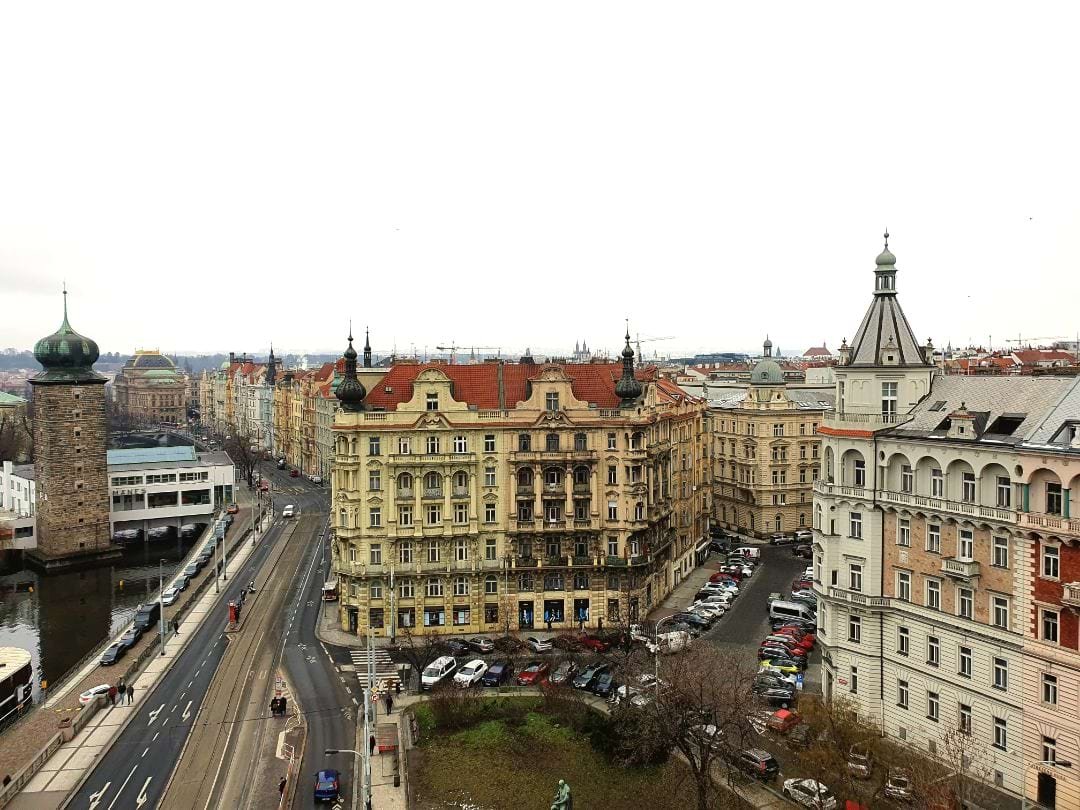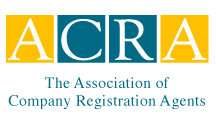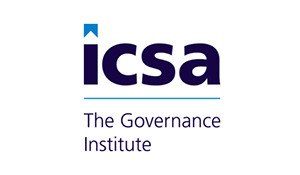Construction, engineering, repairing and maintenance services, transportation, and healthcare emerged among the affected sectors, EU Helpers reports.
Moreover, the Report on the implementation of the Madrid International Plan of Action on Ageing and its Regional Implementation Strategy (MIPAA/RIS) in Latvia of the UN Economic Commission for Europe revealed that Latvia is experiencing a decrease in its overall population, while the number of elderly residents is increasing.
This implies that Latvia may need foreign workers to ease the labour shortages.
According to the latest EURES report, some of the roles struggling with a shortage of workers in Latvia include:
- Building construction labourers
- Civil engineering labourers
- Mining and quarrying labourers
- Fishery and aquaculture labourers
- Crop farm labourers
- Heavy truck and lorry drivers
- Electrical line installers and repairers
- Building and related electricians
- Aircraft engine mechanics and repairers
- Structural metal preparers and erectors
- Welders and flame cutters
- Painters and related workers
- Air conditioning and refrigeration mechanics
- Plumbers and pipe fitters
- Insulation workers
- Plasterers
- Floor layers and tile setters
- Concrete placers, concrete finishers and related workers
- Stonemasons, stone cutters, splitters and carvers
- Bricklayers and related workers
On the other hand, Latvia reported 45 surplus occupations, emerging as one of the three EURES countries that submitted more surplus than shortage occupations.
Most of Job Vacancies in 2023 Were Related to Public Administration
24,300 job vacancies were registered in Latvia in 2023, as revealed by the country’s Central Statistical Bureau.
Although it represents a 6.1 per cent decrease compared to the previous year, Latvia is facing labour shortages in specific sectors, as noted by the report mentioned above.
Regarding the kind of economic activity, the majority of job vacancies in 2023 were related to public administration (8.4 per cent), administrative and support service activities (four per cent), mining and quarrying (3.3 per cent), construction (2.9 per cent), transportation and storage (2.9 per cent), and health and social care (2.6 per cent).
Who Needs a Visa to Work in Latvia?
Citizens of EU/EEA countries don’t need a visa if they want to work in Latvia, however they have to register their stay and place of residence at the Office of Citizenship and Migration Affairs.
Whereas non-EU/EEA citizens must obtain one of the four types of work visas in Latvia, along with a work permit from a Latvian employer and a Latvian temporary residence permit.
However, individuals considering applying for a Latvian work visa may appreciate knowing that Latvia is among the easiest countries within the EU to obtain a work visa, according to the VisaGuide.World.








